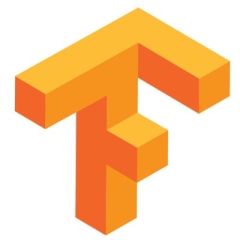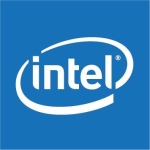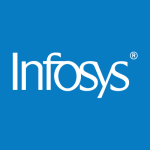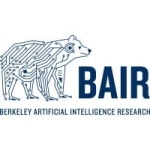What is our primary use case?
I have experience in NRP and time series forecasting and also in marketing-relevant tasks.
For example, I've used the workaround cutoffs to create a deep learning network to classify binary classification. I've done binary classification tasks and multi-label classification tasks. The multi-class classification is based on Hungarian and English texts. I have an ongoing project, where I created an LSTM and this LSTM is able to classify the text for cryptocurrencies.
How has it helped my organization?
Pre-trained models are very important in terms of flow. It's a great opportunity to create very fast, new, deep learning models.
What is most valuable?
Before version 2.X, PyTorch had features that were better than this product. Now that it's been updated, it's got all of those missing features and is much better. There's a significant difference.
Users are able to create deployments with Docker and TensorFlow. TensorFlow has a pre-trained model hub. It's a huge hub in a typical NLP or computer vision.
I've used TensorFlow in different areas within marketing tasks. For example, dynamic pricing solutions or classifications as to who will buy something or who will not buy something, or who will return. It's great to use in stock market scenarios, cryptocurrencies, foreign exchange markets, etc.
Optimization is very good in TensorFlow. There are many opportunities to do hyper-parameter training.
What needs improvement?
I don't have too much experience with the dashboards in the solution, however, it's possible they could be improved.
I need to have more experience in the security aspect of the solution. It could, however, always develop this area more.
It would be nice if the solution was in Hungarian. I would like more Hungarian NLP models.
For how long have I used the solution?
I've used the solution in the past 12 months.
What do I think about the stability of the solution?
I haven't had any issues with stability so far. It's really reliable. There aren't issues with bugs or glitches or crashing.
What do I think about the scalability of the solution?
The solution is absolutely scalable. My understanding of scalability is that when it comes to the solution, the learning task should run on the selected CPU. If I know how it should be and how it should be run, it's very easy as TensorFlow can also run on one CPU core or even on a GPU and so on.
How are customer service and support?
Colab is great when I would like to learn something. You end up using Colab a lot. I like Jupyter Notebook and use it to create TensorFlow models.
There's also a lot of good documentation you can use to reference things and learn about the solution.
Which solution did I use previously and why did I switch?
I have a bit of knowledge of PyTorch. I haven't used it much, however. I'm learning a bit about it now. While I don't have practical experience, I am taking a Coursera course that uses it.
In university, maybe ten years ago, I might have used something in MATLAB. I didn't have too much experience or too much knowledge about deep learning at that time, so I cannot say if it's hard or easy to do tasks in MATLAB or to compare the two.
How was the initial setup?
The initial setup isn't too complex. It's pretty straightforward. There is a lot of good documentation. There are many good courses. There are many good books from professors - from Ph.D.'s to data scientists. It's very, very easy. It's not so complex.
The deployment didn't take a very long time. In my experience, it only really took a few days. That is if a baseline model is enough for the client. Of course, if the requirement is an optimized model, it can be weeks or even a month.
The data processing, hyperparameter tuning, CPUs, and GPUs are all very, very important. If I have a very, very strong machine, I can do everything very fast, and it's a huge help for me.
What's my experience with pricing, setup cost, and licensing?
I don't pay for the solution.
It's my understanding that if you want technical support you need to pay.
What other advice do I have?
I'm just a user. I'm not a reseller or consultant.
I'm learning TensorFlow so I would like to do a TensorFlow certificate from Google in January or February. I'm learning how to deploy Poker with TensorFlow. It's new territory for me, however, it is very important.
I'm not sure which version of the solution I'm using. I have more developed servers and I'm using different versions.
I can recommend TensorFlow to anybody that wants to create deep learning models.
I'd rate the solution ten out of ten. I've been quite happy with it so far.
Which deployment model are you using for this solution?
On-premises
Disclosure: I am a real user, and this review is based on my own experience and opinions.












